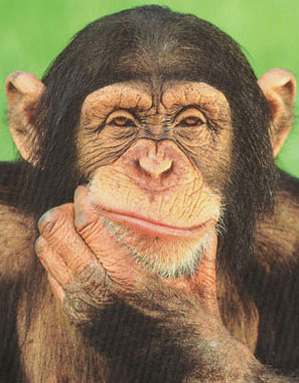I haven't written here in a while, but lots going on.
I just spoke to the San Francisco Atheists on Saturday. And I'll be talking to the SacFAN group on Thursday this week at the Carmichael Library, 6:30: Is Atheism A Religion?
My publication date for Atheism and the Case Against Christ is July.
And I'll be speaking at a big event at Sacramento City College on Thursday, Nov. 10 from 2-4. Details to follow.
Been thinking a lot about this study: Motivated Sensitivity to Preference Inconsistent Information and other related research. In a nutshell, testing shows how strong the tendency is to excessively critique new information that is inconsistent with preferences and to let preference consistent info slide by easy. I can't imagine that this bias is more pronounced anywhere than with religious beliefs. I'm looking for related research that focuses on the tendency with religious beliefs.
I am still thinking about this piece from Jonathan Baron: Actively Open Minded Thinking and the arguments/points I made here: The Defeasibility Test and here: Defense Lawyers for Jesus
Mercier and Sperber have published an important new argument here: Why Do Humans Reason? Arguments for an argumentative theory They maintain that reasoning did not develop primarily in order to improve knowledge and make better decisions, rather it is to devise and evaluate arguments intended to persuade where social considerations between trustworthy and untrustworthy informers are important.
Nature has a related study this week: The Evolution of Overconfidence where the authors argue that being more confident than your information or skills warrant was favored by evolution. This thesis fits well with another important recent summary on misbelief: The Evolution of Misbelief--Dennett and McKay see esp. the section on religious belief and HADD.
It seems to me that all of these pieces help fill in some of the outline a good description of much of recent religious debate, and a plan for how to best to analyze much religious belief.


1 comment:
I find these studies fascinating for many of the same reasons you do. However, I am trying to get a handle on the explanatory power and scope of these studies with respect to religious beliefs. Now, it seems fairly clear that these studies can readily account for some of the more obvious instances of religious belief, but I wonder how they relate to reflective religious belief. For example, Richard Swinburne seems to be a paragon of reflective religious belief. My opinion on this is that Swinburne has a very advanced education compared to most adherents of the various religious belief systems, but various motivational and cognitive biases have been with Swinburne throughout much, if not all of his academic career, and along his academic career, his life has followed a kind of "trajectory of reflective religious belief formation" that has resulted in a fairly sophisticated web of beliefs and justifications such that much of his motivational and cognitive biases are buried deep compared to a non-reflective believer. In other words, these studies are uncovering biases that are inherent in all people who have religious belief, but in the case of some reflective religious belief (i.e. Richard Swinburne), these motivational and cognitive biases are buried pretty deep. So, someone like Swinburne is rational given his background beliefs, heuristics, priors, etc., and he is capable of rationally responding to objections to his view, but ultimately, he has several unconscious motivational and cognitive biases inextricably entangled around his reasoning and decision procedures that he may or may not be culpable for? What do you think about the things I have said?
Thanks
Post a Comment